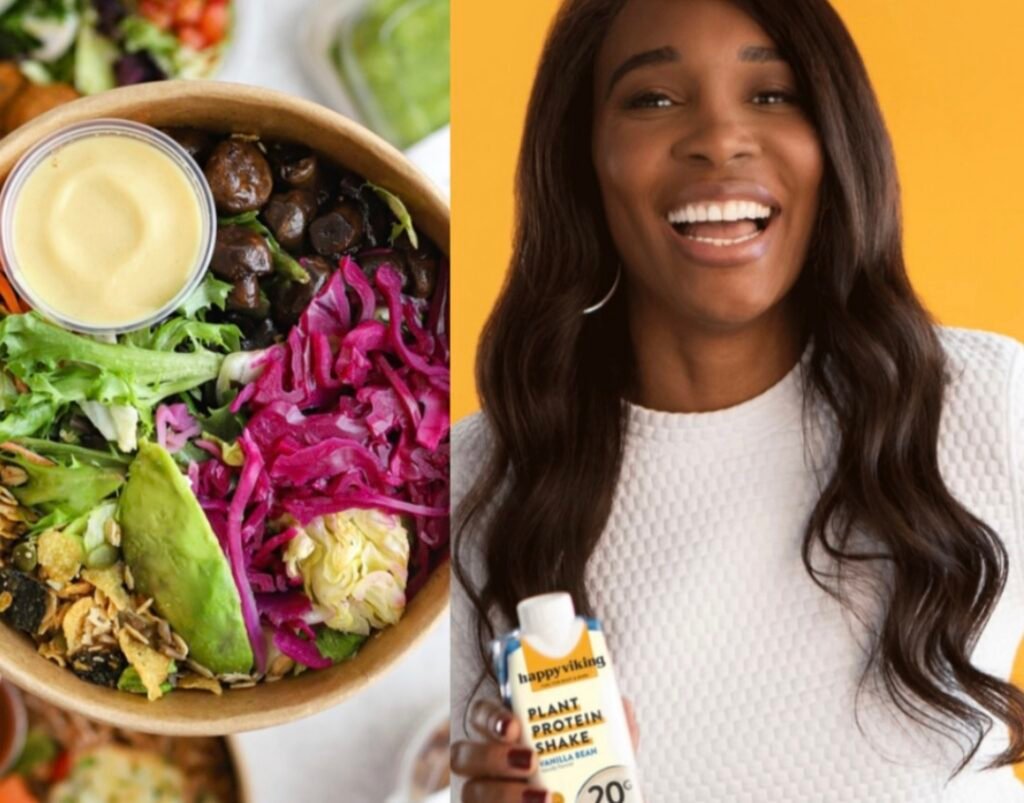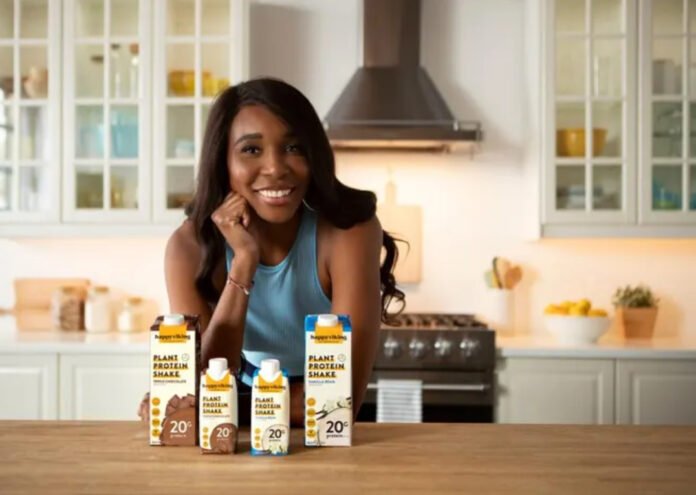Walk into any beauty store, scroll through Instagram, or browse a pharmacy aisle, and chances are you’ll be staring at a celebrity-backed wellness product. In recent years, a growing number of celebrities have launched their own wellness brands—and they’re not just slapping their names on labels. These stars are building entire empires centered on holistic health, self-care, and personal empowerment. But what’s behind this booming trend?
A New Type of Influence
The wellness industry has exploded into a trillion-dollar market, and celebrities are using their platforms to tap into this cultural shift. Unlike traditional endorsements, these ventures often stem from personal narratives.
Take Gwyneth Paltrow’s Goop, which began as a weekly newsletter and has since transformed into a luxury wellness brand offering everything from detox kits to wellness summits. Or Kim Kardashian’s SKKN by Kim, which blurs the line between skincare and self-care. Then there’s Hailey Bieber’s Rhode and Kourtney Kardashian’s Lemme gummies, both leveraging intimate social media marketing and lifestyle aesthetics to build consumer trust.
These aren’t just products—they’re experiences tied to the celebrity’s image, routine, and story. And in the age of authenticity, that sells.
Health as a Lifestyle Flex
Wellness isn’t just about green juices and yoga anymore. It’s about optimization, luxury, and aspiration. Many celebrity wellness brands market their products not just as tools for better health but as a lifestyle upgrade.
These brands promise the glowing skin, the calm mindset, and the ideal body that the celebrities themselves seem to possess. It’s no coincidence that these launches come with behind-the-scenes vlogs, carefully curated Instagram posts, and influencer-heavy PR boxes.

The result? Consumers aren’t just buying a vitamin or a moisturizer—they’re buying into a vision of themselves.
Gen Z & Millennials: The Ideal Audience
Celebrity wellness brands have found a particularly receptive audience among Gen Z and Millennials, who prioritize mental health, self-care, and authenticity in brand messaging. This demographic is more likely to invest in brands that align with their values—and follow influencers who feel “relatable.”
Apps like Calm and Headspace have partnered with celebrities like LeBron James, Matthew McConaughey, and Camila Cabello to guide meditations or narrate sleep stories. It adds a human layer and emotional trust that traditional marketing can’t always provide.
Are They Actually Good for You?
Here’s where things get controversial. Critics argue that some celebrity wellness brands push pseudoscience or capitalize on insecure consumers. Goop, for example, has faced backlash (and lawsuits) over questionable health claims. Meanwhile, some skincare and supplement brands have been accused of overpromising results with under-researched ingredients.
Still, many celebrities are partnering with actual scientists, dermatologists, and certified nutritionists to ensure their products are legit. Brands like Ariana Grande’s r.e.m. beauty and Jessica Alba’s Honest Company have been praised for transparency and quality control.

The takeaway? Consumers are becoming smarter, and brands need to back up the hype with real science to stay competitive.
The Future of Celebrity Wellness
This trend isn’t slowing down anytime soon. Expect to see more celebrity-founded wellness apps, sustainable supplement lines, and even mental health platforms in the future. As the definition of health continues to expand beyond just the physical, celebrities will keep finding ways to turn their personal journeys into profitable, wellness-driven narratives.
But at the end of the day, the success of these ventures hinges on one powerful idea:
People don’t just want to buy what celebrities sell. They want to live how celebrities live.
And wellness? That’s the perfect vehicle.
💬 What do YOU think?
Do celebrity wellness brands inspire you or make you skeptical? Would you rather buy from a star you admire—or a lesser-known expert? Share your thoughts below!





